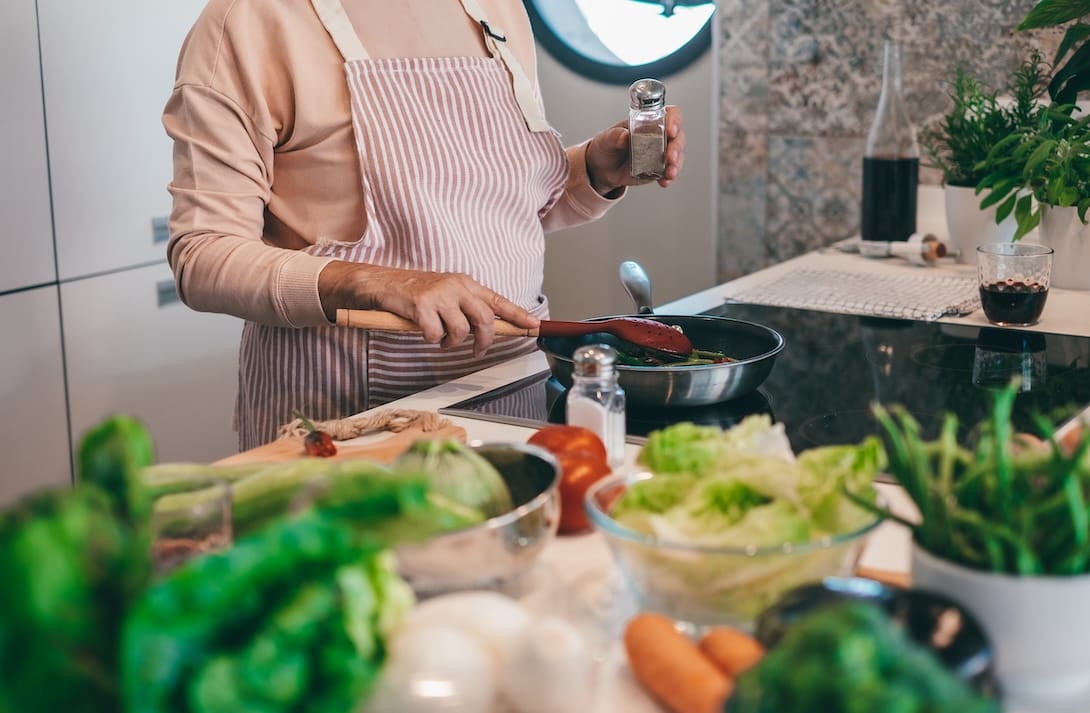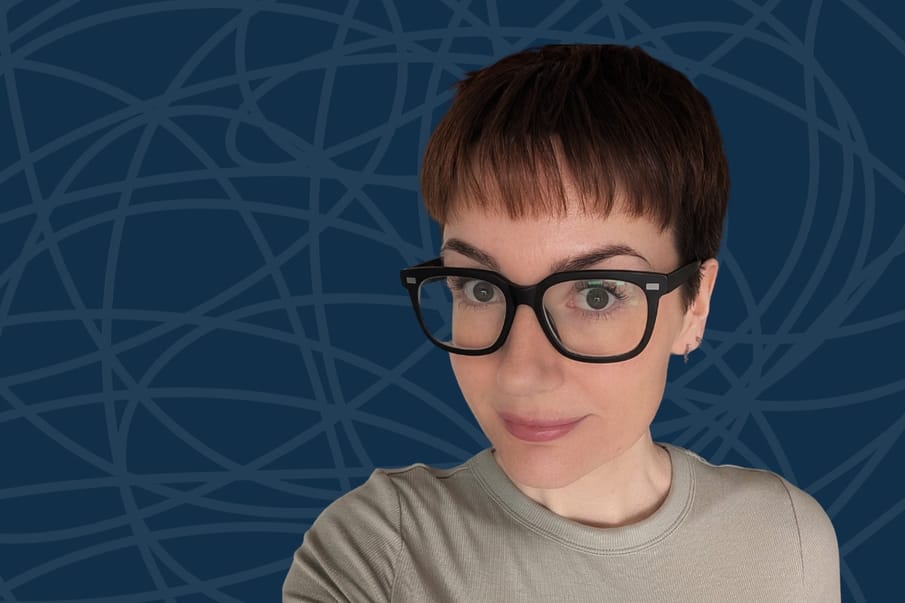Welcome to Anxiety on Your Mind, the series where we explore the reality of living with anxiety. In this edition, Sian Dennis, 33, from west Berkshire, shares how she navigates mental illness while living alone
Sian Dennis as told to Fiona Fletcher Reid
Anxiety has been a part of my life for more than a decade. Even on good days, it’s lurking in the background. I also live with depression, which means my brain is constantly at war with itself. One part shouts, “You’re not doing enough!” and the other whispers, “What’s the point?” It’s kind of exhausting. Even though my anxiety wasn’t particularly bad at the start of the week, I took full advantage of the bank holiday Monday and made a commitment to rest. I limited my social media scrolling, finished a book I’d been enjoying, cooked a healthy dinner, and snuggled under a blanket on the sofa.
I work remotely as a content strategist and copywriter for a global software company. The team is mostly based in North America and I live alone, so I can feel quite isolated at times, which leads to overthinking. To combat this, I make sure to take a walk after dinner and before the day wraps up, I also call my mum for a quick chat, just to break up the day and feel that sense of human connection. Connecting with another person, even if it’s just for 10 minutes over a video call, can make all the difference.
Later in the week, I do something I’ve been dreading – I update my monthly budgeting spreadsheet. Recently, a lot of my regular outgoings have increased, which heightened my financial anxiety. Living with financial anxiety during a cost-of-living crisis is tiring, especially as a single person who has to manage everything alone. There’s no one to split the bills with, or share the weight of rising costs. During times like these, it dawns on me that it really is just me, figuring all this out alone. No matter how carefully I budget, the pressure to stay on top of everything, while still trying to enjoy life, is relentless.
Thankfully, I’ve got quite good at using preventative strategies to minimise my anxiety. On Thursday I go to an early morning pilates class to ease some of the tension in my body. Medication has also been an important part of my toolkit, and I recently doubled my dosage. Unfortunately, it has come with some side-effects, but I know it’s worth it in the long run. I wish there were less stigma and fear around taking medication. Yes, perception has improved, but at times, people still act as if taking medication for anxiety is a last resort, or that it means you’ve failed at managing things on your own. But that’s simply not true. Medication can be an essential part of managing anxiety, just like therapy or lifestyle changes.
In the evening, I cook a meal from scratch. The cooking process – chopping, stirring, seasoning – gives me something tangible to focus on, which helps distract my anxious mind and pulls me back into the present. It’s also a small, but satisfying, reminder that I’m capable of taking care of myself. On days when I feel like I haven’t achieved much, cooking a simple meal gives me a sense of accomplishment. The creative side also feels good, whether choosing ingredients, trying out a new recipe, or making something from nothing.

At the weekend, I go for brunch with a friend who also lives with anxiety. It helps to talk to someone who understands. The rest of the weekend is spent napping, reading, and walking in nature.
On Sunday evening, I like to sit down with my planner and map out the week ahead – it’s a routine I’ve grown to appreciate, because it helps make the following days a bit more manageable. A busy schedule is anxiety-inducing for me, so I write a list of no more than three tasks per day – anything more is unrealistic. I’ve learnt the hard way that there’s nothing more demoralising than starting the week with a long, impossible to-do list that I’m never going to finish. It’s about being honest about what I can actually manage, and not setting myself up for failure before the week has even started.
I also pick one primary goal to focus on for the week. It could be as simple as ensuring I go to an exercise class, or cleaning the bathroom. I then write out a few positive affirmations. Seeing everything written down takes it out of my head, and gives me a visual plan I can work with. It’s this sense of structure that helps to calm my anxiety.
When I was first diagnosed, I didn’t really know how to manage my anxiety. I thought I had to push through, or worse, that I should be able to ‘fix’ it with sheer willpower or a yoga class. Over time, I’ve learnt to stop fighting my anxiety, and focus on knowing my triggers and utilising the tools that work for me. I don’t struggle in silence anymore, and I don’t treat it like a big, ugly secret.


Comments